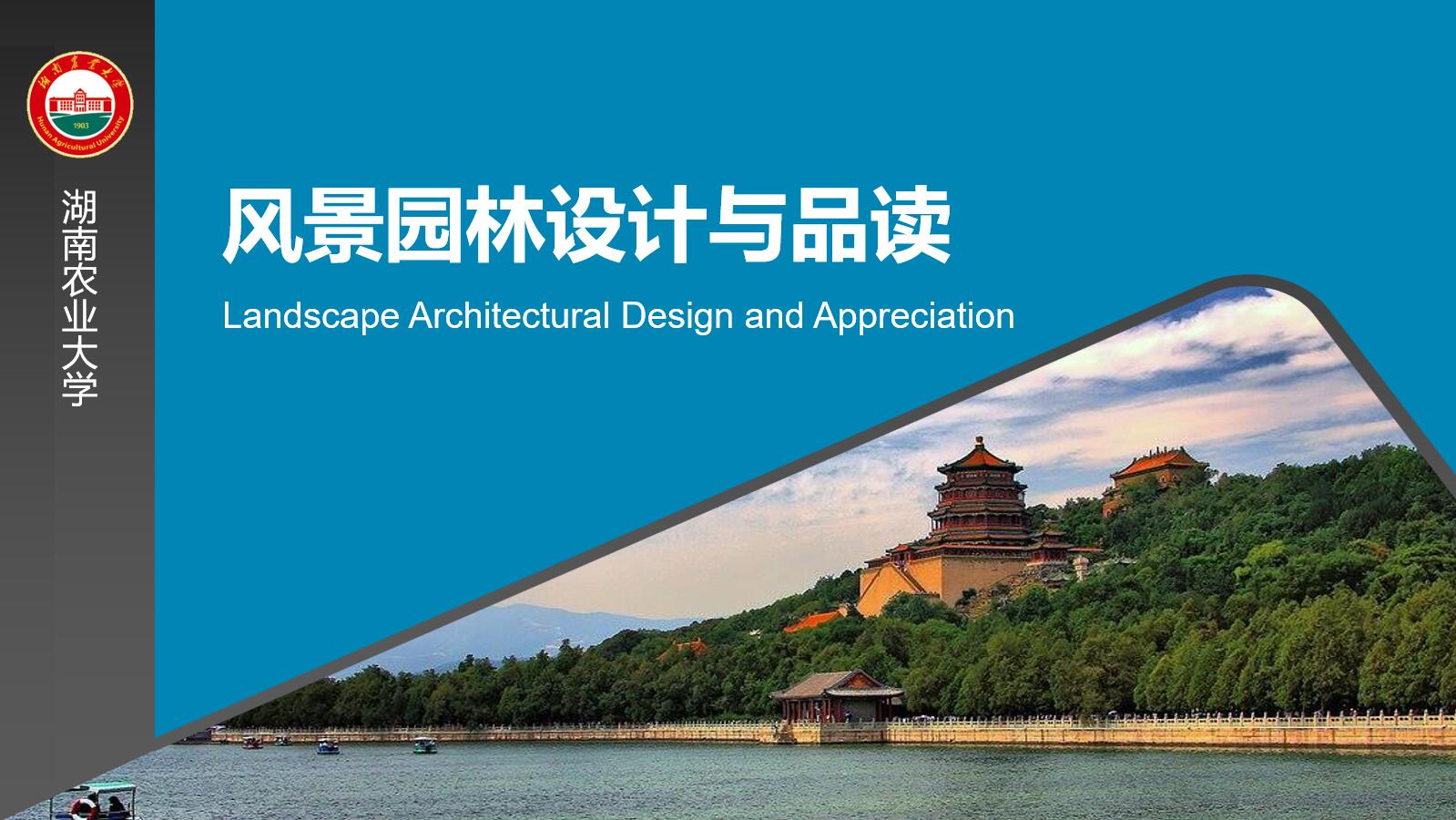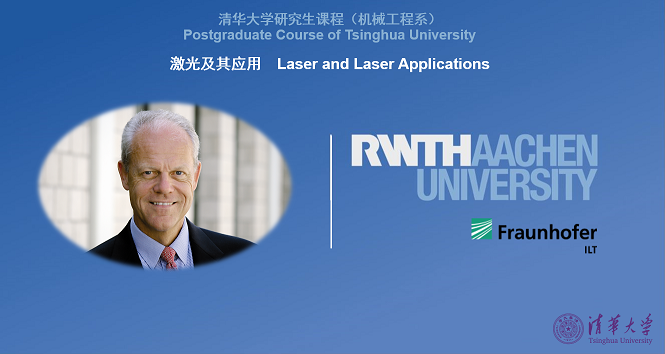
当前课程知识点:国际新闻比较与分析 > 第七章 Geography of International News(国际新闻地理) > 7.1 Definition of Geography of News (新闻地理的定义) > 7.1 Definition of Geography of News
大家好
欢迎回到课堂
本部分的主题是
国际新闻地理
我们将有三节课关于该主题
首先 我们将讨论
新闻地理的定义
包括我们为什么需要研究它
以及它的一般模式是什么
其次
我们将研究电视中的外国新闻地理
第三
我们将特别讨论
谁对中国感兴趣
本讲的主题是
新闻地理的定义
对你们中的许多人来说地理并不是一个陌生的术语
但是新闻地理可能需要一些解释
地理的常见定义是
一个致力于了解土地和地貌的研究领域
或者通过研究他们与环境的相互作用
以及他们与空间和地方的关系
来研究他们及其文化的领域
因此 地理不仅与
土地 地貌 环境 地点和空间有关
还涉及人与文化
它们之间的相互作用和关系
地理有两种
自然地理和人文地理
新闻地理属于人文地理范畴
在国际交流的背景下
它是一个术语用于描述
世界上哪个国家或地区
在新闻中如何被呈现
以及被呈现的模式
但是当然 作为学术研究领域
它不止描述模式
它还致力于探索和解释
这种模式的原因和影响
新闻地理
实际上是新闻经典问题的一部分
我们知道新闻的基本原则涉及“ 5W”
何人 何事 何地 何时 以及为何
新闻地理可以回答
新闻中“ 5W”之一里“何地”的问题
关于新闻的“何地”
我们经常提出以下问题
新闻在哪里发生
记者在哪里寻找新闻
新闻在哪里被生产
新闻在哪里被消费
这些似乎是常见的问题
但是正如尼克·库尔德里
伦敦政治经济学院教授
和他的同事们所说
这是基本和普遍的
然而“在哪里”这个问题
在主流媒体研究中经常被忽略
那么
为什么我们需要研究新闻地理
这是为了回应新闻和媒体研究领域“空间转向”的呼吁
这是为了回应新闻和媒体研究领域“空间转向”的呼吁
同时
研究新闻地理很重要 因为
新闻地理影响着人们的世界思维
新闻地理是
全世界人民
用于想象彼此和他们的文化的基础
更重要的是
新闻地理反映了
人员和权力基于地方要素重新组合
它社会性以及文化性地建立了一种
关于何处是权利的中心或边缘的意识形态
哪个人或团体很重要 哪个不重要
或哪个国家重要 而哪个国家不重要
我曾经让我的学生做了练习
我会问他们
根据你们的心理地图
你能说出
你们最熟悉或你们认为你们最熟悉的10个国家/地区吗
你知道他们的答案是什么吗
事实证明
他们想出的名字通常包括以下国家
例如
美国 英国和日本
这不足为奇
这些是几乎每个人都会提到的国家
然后 其中许多人会提到
德国 法国 新加坡或韩国
其中一些人会提到
朝鲜 以色列 巴勒斯坦等
他们也可能会提及
巴西 俄罗斯 澳大利亚 意大利 西班牙等
但是例如 他们都没有提到
老挝 实际上与中国接壤
汤加 太平洋中的一个岛国
塞拉利昂 非洲国家
甚至是南美国家洪都拉斯
那么这里的模式是什么
他们给我的名字基本上遵循以下顺序
首先是世界超级大国
例如美国 英国 德国 法国
然后 紧邻的地理邻居
尤其是那些拥有经济实力的邻居
例如日本 新加坡 韩国
然后 发生危机的地区
这就是为什么很多人提到
朝鲜 以色列 巴勒斯坦
最后 他们提到了“较小”
和“重要性较低”的国家
碰巧被他们想到
例如
一个学生提到新西兰
因为她有亲戚住在那儿
另一个学生提到尼泊尔
因为他听说一个朋友曾经去过那里
并经历了一次很棒的旅行
我不知道你们的清单会如何
但是我确定如果你这样做
你的清单至少会显示出
与我以前的学生所说的相似的模式
另一个例子
为了鼓励我的学生读国际新闻
我要求他们提出一份年度十大国际新闻清单
在每学期末
例如
这是他们在2018年提出的清单
中美贸易战
脸书数据丑闻
朝鲜半岛无核化
美国最高法院法官布雷特·卡瓦诺的(任职)确认
美国卷入叙利亚战争
美国媒体与特朗普的战争
土耳其货币危机
普吉岛(泰国)船倾覆
沙特记者贾马尔·卡舒吉逝世
IPCC关于全球升温1.5°C的报告
同样地 你可以分析这里的模式吗
如你所见
这些新闻报道所涉及的地理位置是
美国 中国 Facebook(一家美国公司) 朝鲜半岛
美国 美国 美国 土耳其 泰国 沙特 IPCC
因此顺序是
世界超级大国
邻国
危机地区
我很高兴至少有人提到了IPCC
国际气候变化专门委员会
及其与全球变暖的斗争
那么这意味着什么呢
我想借用的一个研究的标题
关于国际传播的研究
发表在《传播研究》杂志上
那句话是
在成为新闻方面 并非所有国家都是平等的
可悲的是 这是我们面临的现实
并且强调了
研究国际新闻地理的重要性
为了进行更深入的讨论
我们将在下一堂课继续
再见 期待再会
-导论 Test
-1.1 Definition of News (新闻的定义)
--1.1 Test
-1.2 General News Values: Timeliness, Impact, Prominence, Proximity (新闻的及时性、影响力、显著性与接近性)
--1.2 General News Values: Timeliness, Impact, Prominence, Proximity
--1.2 General News Values: Timeliness, Impact, Prominence, Proximity
--1.2 Test
-1.3 General News Values: Conflict, Deviance, Currency, Necessity (新闻的冲突性、异常性、话题性与实用性性)
--1.3 General News Values: Conflict, Deviance, Currency, Necessity
--1.3 General News Values: Conflict, Deviance, Currency, Necessity
--1.3 Test
-1.4 Structure and Value of International News (国际新闻的结构与价值)
--1.4 Structure and Value of International News
--1.4 Structure and Value of International News
--1.4 Test
-2.1 Hierarchy of Influences on News (新闻的影响层级)
--2.1 Hierarchy of Influences on News
--2.1 Hierarchy of Influences on News
--2.1 Test
-2.2 Gatekeeping and Personal Influences (新闻把关人与记者个人影响)
--2.2 Gatekeeping and Personal Influences
--2.2 Gatekeeping and Personal Influences
--2.2 Test
-2.3 Media Routines and Organizational Influences (新闻常规与组织影响)
--2.3 Media Routines and Organizational Influences
--2.3 Media Routines and Organizational Influences
--2.3 Test
-2.4 Extra-Media Forces and Ideology (意识形态与组织外影响)
--2.4 Extra-Media Forces and Ideology
--2.4 Extra-Media Forces and Ideology
--2.4 Test
-3.1 Authoritarian and Libertarian Theories of the Press (媒体的威权主义与自由主义理论)
--3.1 Authoritarian and Libertarian Theories of the Press
--3.1 Authoritarian and Libertarian Theories of the Press
--3.1 Test
-3.2 Social Responsibility and Communist Theories of the Press(社会责任与共产主义理论)
--3.2 Social Responsibility and Communist Theories of the Press
--3.2 Social Responsibility and Communist Theories of the Press
--3.2 Test
-3.3 Comparing Media Systems in the West: Three Models (比较媒介体系的三种模式)
--3.3 Comparing Media Systems in the West: Three Models
--3.3 Comparing Media Systems in the West: Three Models
--3.3 Test
-3.4 Comparing Media Systems in the West: Four Dimensions(比较媒介体系的四个维度)
--3.4 Comparing Media Systems in the West: Four Dimensions
--3.4 Comparing Media Systems in the West: Four Dimensions
--3.4 Test
-4.1 State-Owned Media (国有媒体所有制)
--4.1 Test
-4.2. Public-Owned Media (公共媒体所有制)
--4.2 Test
-4.3. Private-Owned Media (私人媒体所有制)
--4.3 Test
-4.4. Concentration of Media Ownership (媒体所有权集中化)
--4.4 Concentration of Media Ownership
--4.4 Concentration of Media Ownership
--4.4 Test
-5.1 Evolution of Foreign Correspondence(驻外报道的历史与起源)
--5.1 Evolution of Foreign Correspondence
--5.1 Evolution of Foreign Correspondence
--5.1 Test
-5.2 The Role of Global News Agencies (全球通讯社与驻外报道)
--5.2 The Role of Global News Agencies
--5.2 The Role of Global News Agencies
--5.2 Test
-5.3 Foreign Correspondence Beyond News Agencies (通讯社之外的驻外报道)
--5.3 Foreign Correspondence Beyond News Agencies
--5.3 Foreign Correspondence Beyond News Agencies
--5.3 Test
-5.4 Foreign Correspondence in the New Millennium(新世纪的驻外报道)
--5.4 Foreign Correspondence in the New Millennium
--5.4 Foreign Correspondence in the New Millennium
--5.4 Test
-6.1 Foreign Correspondents in China(外媒驻华报道)
--6.1 Foreign Correspondents in China
--6.1 Foreign Correspondents in China
--6.1 Test
-6.2 International Journalism in Chinese Media (中国媒体国际报道)
--6.2 International Journalism in Chinese Media
--6.2 International Journalism in Chinese Media
--6.2 Test
-6.3 Chinese Correspondents in Foreign Bureaus (中国媒体驻外记者)
--6.3 Chinese Correspondents in Foreign Bureaus
--6.3 Chinese Correspondents in Foreign Bureaus
--6.3 Test
-7.1 Definition of Geography of News (新闻地理的定义)
--7.1 Definition of Geography of News
--7.1 Definition of Geography of News
--7.1 Test
-7.2 Geography of Foreign News on Global TV(全球电视国际报道的新闻地理)
--7.2 Geography of Foreign News on Global TV
--7.2 Geography of Foreign News on Global TV
--7.2 Test
-7.3 Who Is Interested in China (外国公众对中国新闻的兴趣)
--7.3 Who Is Interested in China
--7.3 Who Is Interested in China
--7.3 Test
-8.1 Determinants of Global News Flow(全球新闻流的决定因素)
--8.1 Determinants of Global News Flow
--8.1 Determinants of Global News Flow
--8.1 Test
-8.2 World System Theory and Global News Flow(世界系统理论与国际新闻流)
--8.2 World System Theory and Global News Flow
--8.2 World System Theory and Global News Flow
--8.2 Test
-8.3 Towards a New World Information and Communication Order(通往新信息传播秩序之路)
--8.3 Towards a New World Information and Communication Order
--8.3 Towards a New World Information and Communication Order
--8.3 Test





